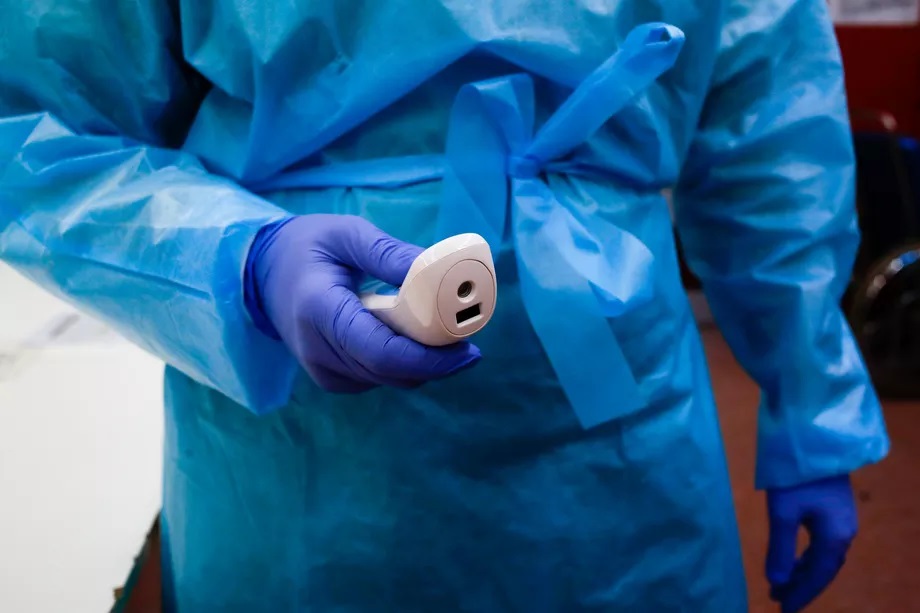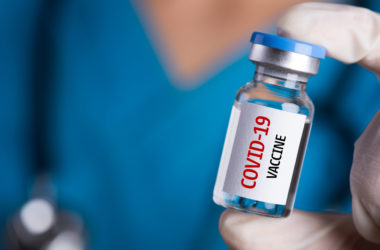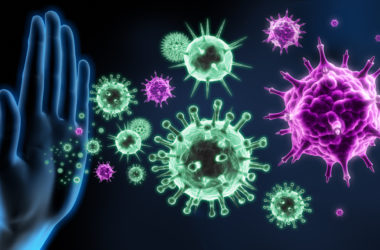This week, a person incarcerated in King County Jail in downtown Seattle was taken to the hospital after they were suspected of having the new coronavirus. The county says there are no cases currently in the jail, but the new virus remains a huge concern for correctional facilities, particularly in outbreak hotspots like King County. With 85 confirmed cases of COVID-19, the illness caused by the virus, the county is home to the largest known hotspot of cases of the new coronavirus in the United States.
It’s only a matter of time before the novel coronavirus enters a US jail or prisons, says Tyler Winkelman, co-director of the Health, Homelessness, and Criminal Justice Lab at the Hennepin Healthcare Research Institute in Minneapolis. “All prisons and jails should anticipate that the coronavirus will enter their facility, and they need to have plans for monitoring and treating anyone who has symptoms,” he says.
People regularly cycle in and out of jails and prisons, people who work in them leave and return daily, and visitors regularly stream through. Viruses of all kinds have multiple entry points, and those that enter tend to spread fast. Outbreaks of the flu regularly occur in these facilities, and during the H1N1 epidemic in 2009, many jails and prisons dealt with high numbers of cases.
“We know the coronavirus spreads quickly in closed spaces, like cruise ships, nursing homes — and jails and prisons,” Winkelman says. Many people who are incarcerated also have chronic conditions, like diabetes or HIV, which makes them vulnerable to severe forms of COVID-19.
One way to reduce the impact of the virus on jails and prisons, Winkelman says, is to avoid holding people for low-level offenses. In Iran, officials temporarily released tens of thousands of people determined to not be a risk to the public from prisons in an effort to stop the spread of the virus. People who aren’t a risk to public safety shouldn’t be held in a jail just because they’re not able to pay a bond, he says. “We are increasing their health risk by keeping them,” he says. “This is a time to make sure we have as few people at risk as possible.”
In Sonoma County, California, the jail is screening people at booking for symptoms and asking them about their travel history and contact with people who may be sick. Those types of screenings are critical, Winkelman says. “It is essential that correctional staff are working with officials to make sure no one ill is entering a facility.”
Some jails and prisons in the US may be prepared to screen, monitor, and treat people suspected of having COVID-19. But others are far from equipped to handle it. Health care centers in correctional facilities are often substandard and understaffed, which may mean people held in them aren’t monitored regularly enough. “Symptoms need to be addressed quickly, not once a week or twice a week,” Winkelman says. Isolating people suspected of having the virus could also be a challenge in some facilities — the Hennepin County jail has four isolation rooms and set up some spaces for quarantines, but other places might not have the same capabilities, he says.
Homer Venters, former chief medical officer of the New York City jail system, wrote in The Hill that jails and prisons need to prepare now. “[They] need to have a plan in place to identify and house together people with suspected and diagnosed COVID-19 and those who are at high risk of serious illness if they become infected,” he wrote. Many facilities struggled to do so during the outbreaks of H1N1, he said, because jails typically house people based on the level of security they need — not their health status.
Standard public health interventions, like flu shots, are even more important during disease outbreaks — if fewer people get the flu, they can stay out of health care facilities and leave more resources available for those who really need it. “We don’t want there to be outbreaks of multiple illnesses at once,” Winkelman says. Many jails and prisons, though, don’t regularly provide flu shots. Over half of US jails did not receive H1N1 vaccines when they became available. Under 10 percent of people in Maine correctional facilities received flu shots in 2011, which contributed to outbreaks.
People in jails and prisons also may not be able to regularly wash their hands, which may promote the spread of disease. Hand sanitizer, which contains alcohol, is usually considered contraband.
COVID-19 outbreaks in and around jails and prisons don’t just have health impacts for people within the justice system. If public health officials recommend that courts not meet during outbreaks, people might be held for longer than necessary. It might be challenging for people on probation to meet with supervisors or fulfill community supervision requirements if there are restrictions on movement in an area. “It may also mean that there would be less programing and movement within a facility. Likely, at some point, visiting would be shut down,” Winkelman says. “That can increase isolation and anxiety during a period of incarceration.”
Vulnerable communities like people held in prisons and jails are often most at risk during public health emergencies — they have fewer protections from an outbreak, and may face more significant fallout from any disruptions in daily life. But protecting communities from infectious diseases means protecting everyone, including those who aren’t as able to protect themselves. “Jail and prison health care is public health. It’s community health,” Winkelman says.





